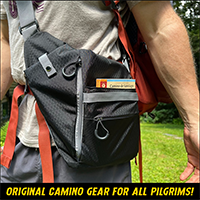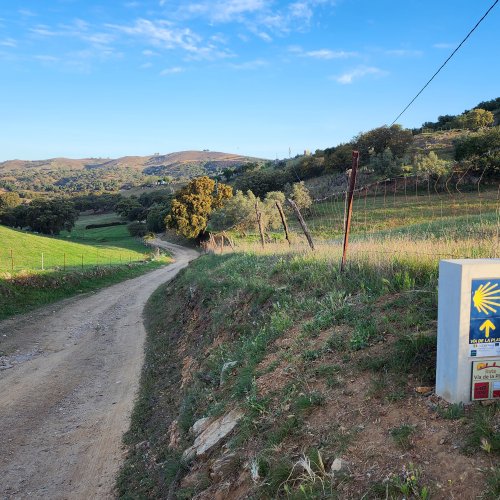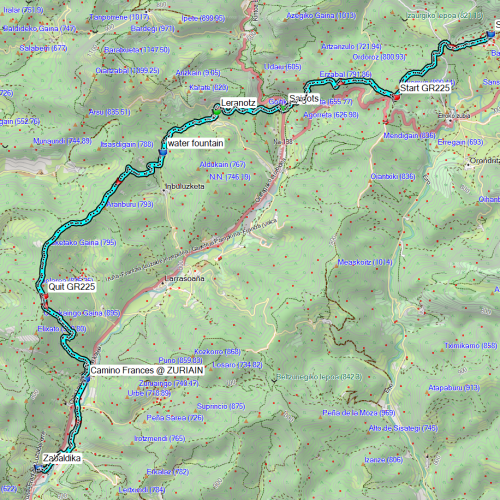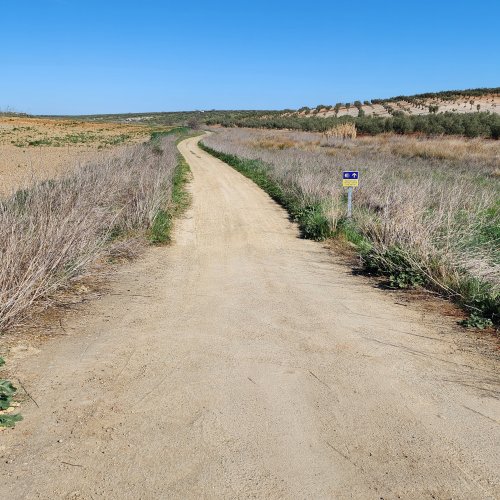lauramariel
New Member
- Time of past OR future Camino
- Astorga to Santiago, September 2017
I'm writing a blog post based on my Camino experience and wanted to fact-check a couple of things...
As far as I can tell there are basically 3 types of albergues - donativo, municipal and private.
Is the Pilgrim's Credential required only for municipal or for donativo as well? (i'm pretty sure it's not required for private)
Can you book municipals or donativos in advance? (I'm pretty sure you can't book municipals, but not sure about donativos)
Thanks in advance!
As far as I can tell there are basically 3 types of albergues - donativo, municipal and private.
Is the Pilgrim's Credential required only for municipal or for donativo as well? (i'm pretty sure it's not required for private)
Can you book municipals or donativos in advance? (I'm pretty sure you can't book municipals, but not sure about donativos)
Thanks in advance!













